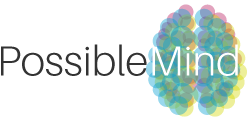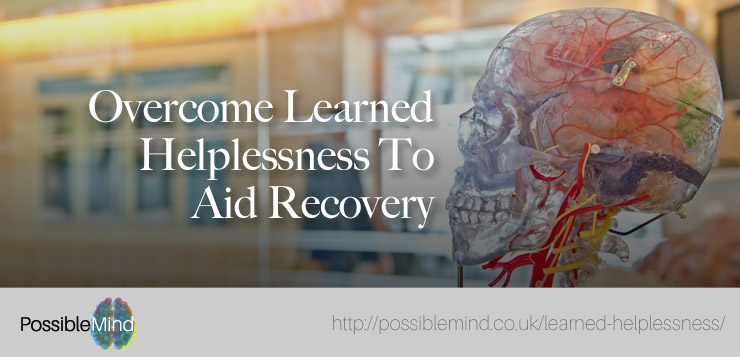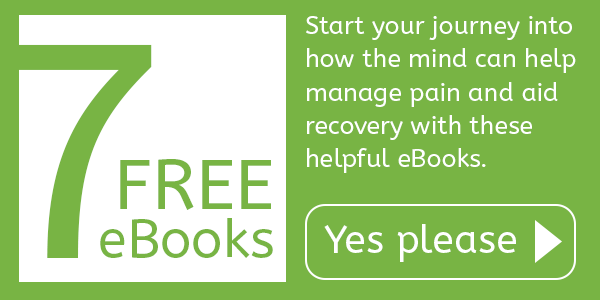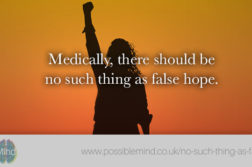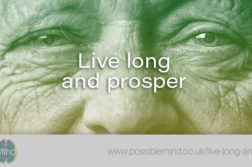At times throughout life, we may have learned to rely on others to help us or developed habits of needing help and support when in fact we have more control over our life that we ever thought possible. But how can we overcome learned helplessness to aid our recovery?
What is Learned Helplessness
This video below helps to concisely demonstrate learned helplessness with an interesting experiment:
Source
The best example of learned helplessness for me in day to day life has to be the responsibility most patients pass to their Doctors to help them recover. Ultimately that responsibility belongs to the individual who is unwell or in pain because it is each of us who lives with the consequence of our illness each and every day. The doctor on the other hand cares for your situation for the time you are in the consulting room after which their attention moves on to the next patient.
How can we overcome it
By taking full responsibility for our recovery through awareness of our body, thoughts and emotions we can begin our path.
The best example here is the comparison between Eastern and Western Medicine. Here in the West we go to our doctors reactively and ask them how to fix us and cure, say, our chest infection. In the East they have a tendency to go to their Doctor proactively and say ‘When I get poorly I generally have a chest infection, how can I strengthen my chest to reduce the chance of it happening again’. The Eastern philosophy encourages to patients to have much more awareness of themselves and their strengths and weaknesses. From this position a person can reduce their levels of helplessness.
Lets look at this another way. Next time you are in town look at the people going in to a Doctors Surgery and compare them to those walking in a health food shop. Like me, I am sure you will see the difference between the people who proactively improve there health and those who try and fix it after they are ill. So next time you become aware of your illness or weakness pledge to yourself to work on it when you are healthy or in a good state of mind. The saying of ‘prevent is better than cure’ is so true and it puts us in position of power.
You may be thinking right now what about if I already have an illness and it is long term, what can I do about it? My answer would return to the 8 Characteristics of people who are most likely to recover from an illness. Each of these are totally in our control and encourage us to be proactive and reduce our feelings of helplessness.
The first of these 8 Characteristics is: A change from dependency to autonomy combined with activities, attitudes, and behaviors that promote increased autonomy, awareness of themselves, others, and their environment, love, joy, playfulness, satisfaction, laughter, and humor. (Read the remaining 7 Characteristics here)
Moving away from dependancy, another word for helplessness, to autonomy that is defined as ‘the right or condition of self-government’, for me makes sense. It is the person who is in pain or is unwell that lives with the consequences of any actions suggested for their recovery. So in my opinion, it is for this individual to decide the best and most positive course of action for them based on the information they receive rather than just doing what someone else tells them to do.
The best example I can give for this is when I was very down in the early 2000’s, I was prescribed anti depressants. I took the first tablet but the moment I swallowed it I knew it was not the right course for me. Now let me make this clear I am condoning the course of action I took but I share this only as an example of autonomy. But for me, in my unique situation, I felt that masking my depression was not right for me and if I was to overcome it I had to fight the full demon head on. It was a very difficult course of action to take but, for me at that time, it was the correct thing to do because it would be me living the with the consequences of my actions and it empowered me to make choices to gain control (Self Govern) of a life which back then felt wayward.
What can I do to overcome helplessness?
I will say it again. It is your life and you will live with any consequences of actions you choose to follow whether they are your own or suggested to you by a professional.
For me the key is to start listening to your body, mind and emotions as well as getting in touch with your intuition because as Williams S. Burroughs suggests:
Your mind will answer most questions if you learn to relax and wait for the answer
To start with asking I would sit quietly and take a few deep breaths in and out before getting touch with a place I call my centre and ask myself what is it I need to know or do to speed up my recovery or reduce my pain and discomfort. I will then just wait until I become aware of some answers or suggestions rise from within me. With these answers I can choose what to do moving forward from this point.
Next I would look at what my intention to understand my goal and finally I will make a plan of how I could get there.
One way to make a plan is to visualise yourself healed and work back to the point of where you are right now and see how the recovery happened. Take note of the most important steps that happened along that path and make these the incremental targets toward achieving your goal.
Conclusion
To overcome our learned helplessness we must raise our awareness (body, mind and emotions) of where we are and where we want to go. We can them work out how to get there by simply listening to our inner wisdom and intuition.
==================
Thank you for reading this post. If you appreciated it and have not yet already done so please do sign up to the Possible Mind eNewsletter.
